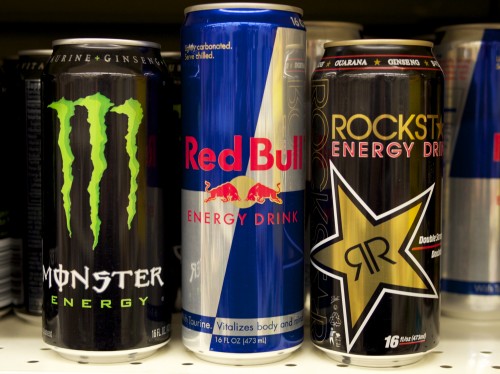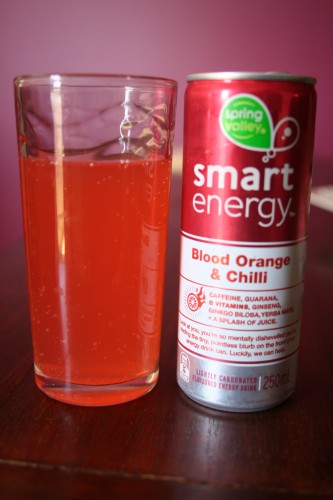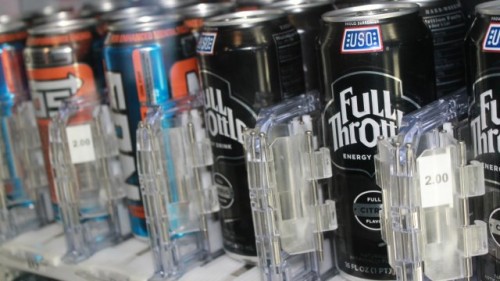
Yale researchers at the Rudd Center for Food Policy recently published a study in the Journal of Public Health focusing on the emergence of energy drinks as a serious public health concern, especially for the youth. The study revealed startling statistics on the consequence of energy drinks between 2005 and 2009, reporting a tenfold increase in hospital emergency visits due to energy drink consumption.
Jennifer Pomeranz, Director of Legal Initiatives at the Rudd Center and corresponding author of the study, cautions that energy drinks contain high levels of caffeine, sugar, and sodium, as well as other ingredients, such as guarana and taurine, that have not been approved by the FDA. A typical energy drink contains the same amount of sugar and more three times the sodium found in soda, resulting in increased risk of high blood pressure, heart attack, and stroke. Pomeranz further warns that excessive caffeine consumption adversely affects the developing neurological and cardiovascular systems in young consumers and can result in physical dependence.

Adolescent consumption of energy drinks is partially due to targeted advertising by energy drink companies: most energy drinks are featured on youth-orientated cable channels, and the average U.S. child views the same number of ads for energy drinks as for other drinks that commonly target a young crowd, such as Capri Sun and Kool-Aid.
Another source of concern is inconsistent labeling and reporting of ingredients across different manufacturers. The study reports that many energy drinks are mislabeled as dietary supplements, allowing companies to avoid directly reporting caffeine content and other ingredients.

In order to combat the public health concern posed by energy drinks, Pomeranz recommends changing FDA regulation policy to “require full disclosure of all the ingredients and total amount of caffeine” in energy drinks and to minimize advertising of energy drinks to the youth.

